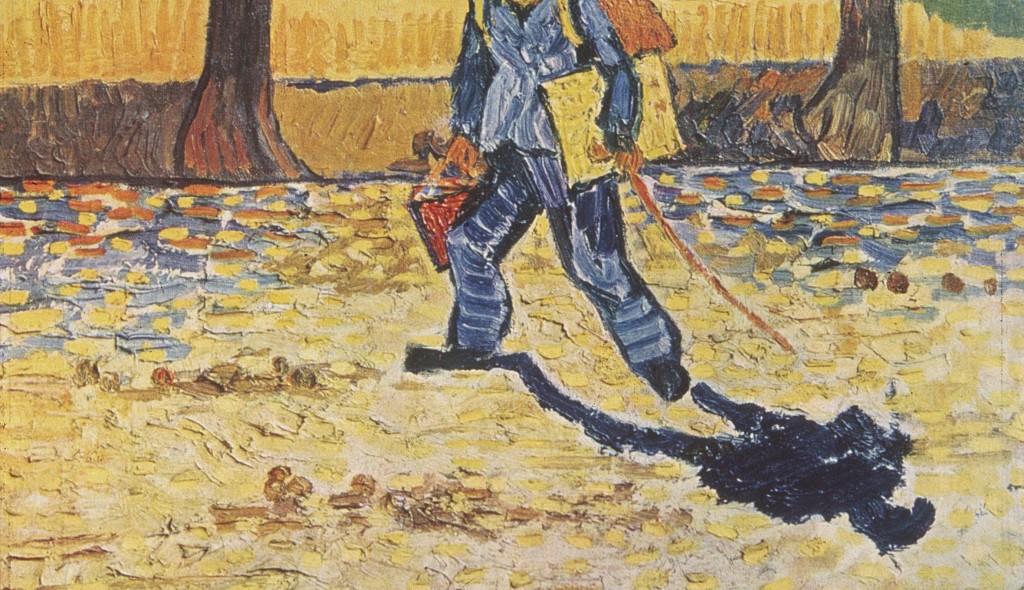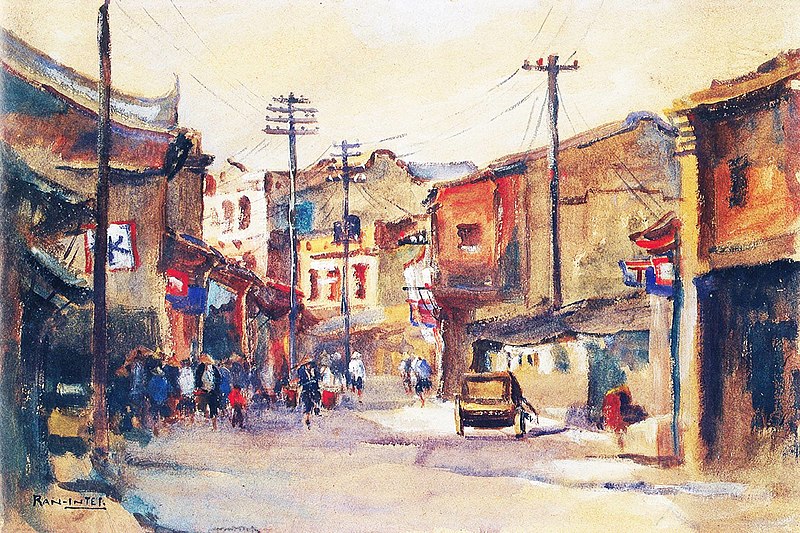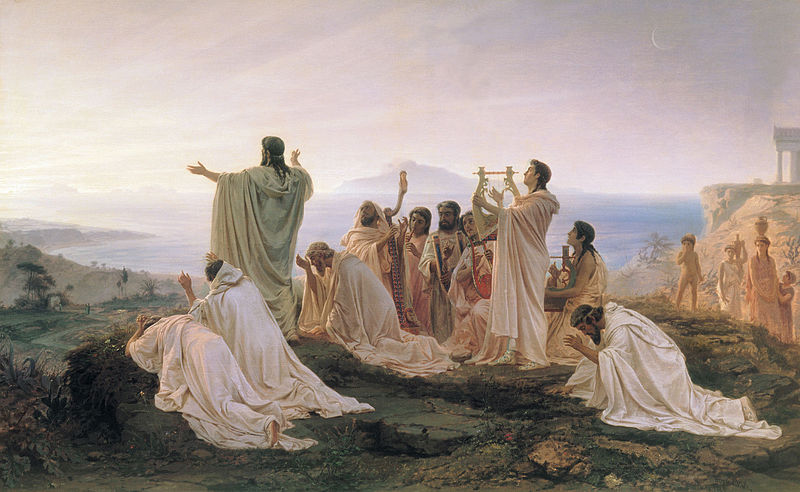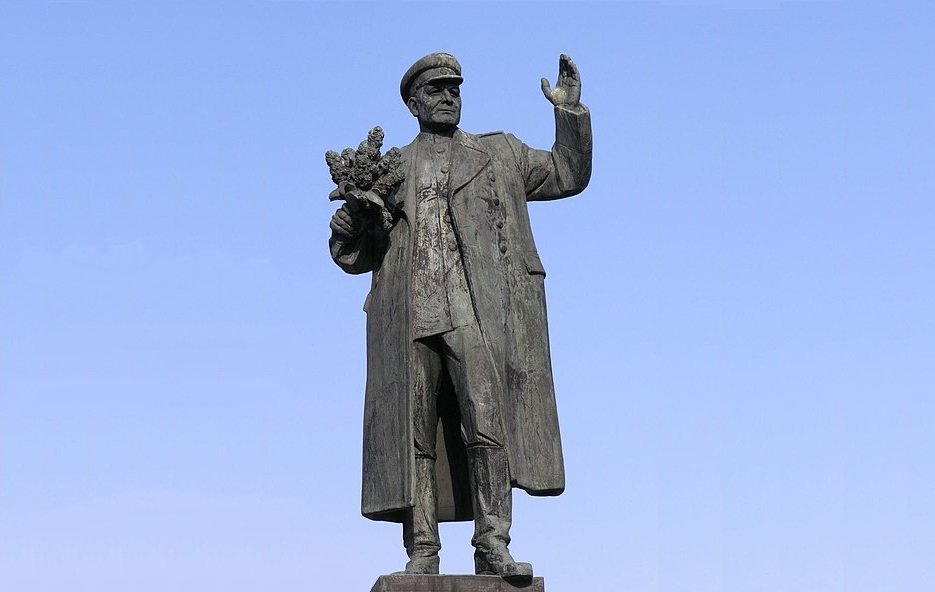
Dealing with the Gross Problem of the “Semi-Gross Wage”
When we talk about wages in Slovakia, we refer to gross wage. From an economic point of view, however, it is a fictitious value created by accountants. It represents an arbitrarily set point between the two key values: net wage and labor costs.










